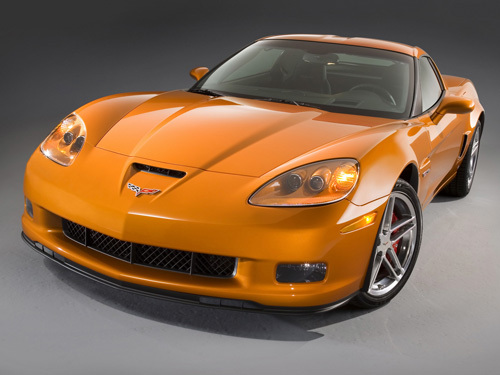
Recently, the "Frankfurter of Frankfurt" published an article discussing whether German car dealers depend on the Chinese market. The article points out that two-thirds of German cars are manufactured non-natively, German automakers make most of their profits in China, and the development of German cars is inseparable from China. In view of China's investigation into German car monopolies, the article believes that this is a manifestation of the Chinese government's view of German auto dealers as "owners."
The Chinese government hopes to attract more foreign investment, and Chinese consumers will not give up buying German cars because of the anti-monopoly investigation.
The article points out that the German automotive industry is in a golden age. "VW, Daimler and BMW never sold so many cars. The German car's logo abounds, and the German car's global success is almost to be realized. Unconsciously, the focus of the German car business has quietly shifted. Therefore, the German automotive industry and the automotive industry in Germany are two different concepts, and there is a huge difference between the two."
According to the data in the article, three-quarters of German-made cars are exported overseas. At the same time, most of the German brand cars are no longer "Made in Germany".
"Two-thirds of German cars are manufactured outside of Germany. German manufacturers spend billions of dollars building new car processing plants in different markets - China, North America and Brazil. This helps German car companies avoid High import tariffs reduce the impact of exchange rate fluctuations and also save labor costs and energy costs."
According to the article, at first, the German automotive industry was not affected by overseas markets.
“The local automobile factory in Germany is developing well and has increased many job opportunities. Germany is a paradise for highly qualified engineers. Volkswagen, Daimler and BMW invest billions of dollars in Wolfsburg, Stuttgart and Munich to build. And upgrade car processing plants."
But then things changed. The article points out that under the increasingly superior market conditions in emerging countries, there are also well-trained professionals and lower manpower costs. Under the new mode of production in the future, or in the case of global automobile production cuts caused by economic recession, the emergence of new competitors has caused the German auto factories to suffer from their enemies.
The article points out that more and more German automakers are brilliant in the "BRIC countries" (mainly Brazil, Russia, India and China). However, the domestic situation of some "BRICS" countries is not optimistic.
“Brazil and India are in a sluggish economy, Brazil’s real estate and domestic currency prices have plummeted. Russia’s relations with the EU are almost 'towards the end’, and the trade war has made it impossible for the German auto industry to show its strength in Russia. In comparison, the Chinese market has the most Attraction, China's steadily growing economy has made it a focus of attention for German car companies."
According to the article data, one-third of Volkswagen is sold in China, Audi's sales in China account for one-third of the total, and Daimler and BMW get one-third of their profits in China. The data shows that China’s recent anti-monopoly investigations on German and other Western automakers have given them a sense of fear.
The article analysis said that the Chinese government's investigation of German auto dealers does not mean that it is an exclusion. "Because of the joint venture model between local Chinese companies and German automakers, the two are integral. At the same time, the Chinese government hopes to attract more foreign investment, and Chinese consumers will not give up buying German cars because of the anti-monopoly investigation. Therefore, China’s anti-monopoly investigation may release such a signal, we are our own people, we are concerned about you!â€
If the German auto industry wants to develop more vigorously, can it rely less on the Chinese market? The answer in the article is: It is very likely not because the Chinese market is too important for the German auto industry.
"The German automakers spent 100 years selling a total of 1 billion cars. If the German automaker wants to sell 1 billion more cars, it will only take 10 years in China. In order to deliberately reduce its dependence on China, Whoever stupid will give up most of his profit."
Spark Plug Wires, Iridium Spark Plugs,F6Rtc Spark Plug,Engine Spare Parts Double Iridium Spark Plug
1D auto parts , https://www.1dauto.com
![<?echo $_SERVER['SERVER_NAME'];?>](/template/twentyseventeen/skin/images/header.jpg)